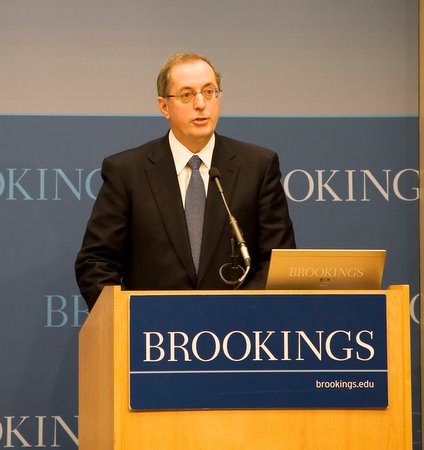Intel corporate investments: ensuring US grads have jobs

Intel CEO, Paul Otellini, announced today at an event in Washington, D.C., that the company would be leading an initiative to invest $3.5 billion in US industries to "significantly increase jobs for college graduates this year". The initiative follows on the heels of recent announcements of major investments in science, technology, engineering, and mathematics (STEM) education. As Mr. Otellini said, "It would be a long-term mistake to let our future scientists and engineers sit idle after graduation," in many ways negating the effectiveness of the their educational initiatives.
In particular, Intel is creating the "The Invest in America Alliance, led by Intel and supported by many leading venture capital firms and corporations" (including Google, Microsoft and Accenture). The goal is to create over 10,000 new jobs for college graduates in STEM fields by the end of the year. As described in Intel's press release, the initiative has two major components:
The first includes a commitment from Intel Capital, Intel Corporation's global investment organization, and 24 leading venture capital firms to invest $3.5 billion in U.S.-based technology companies over the next 2 years. These investments, which include a new, $200 million Intel Capital Invest in America Technology Fund, will target key innovation and growth segments such as clean technology, information technology and biotechnology...
Second, the Invest in America Alliance also includes commitments from 17 technology and other corporate leaders to increase their hiring of college graduates, some by as much as two times, to create the products and provide the services of tomorrow.
Citing major investments by foreign governments in growth sector jobs, Otellini emphasized the importance of American investment, as well as the need to ensure that our educational reforms and STEM spending aren't for naught in the face of increasing international competition. Perhaps most telling was his remark on our potential:
We see this as a vital investment in the next innovators, thinkers, scientists, builders and entrepreneurs. This is an area where the U.S. must succeed. Growth in math-intensive science and engineering jobs outpace overall job growth by three to one. Think about this: America’s GDP would grow by more than a third if U.S. students become globally competitive in math and science.
